Pride Month: Celebrating Equality and Acceptance
June is Pride Month, a time that’s dedicated to celebrating and uplifting the LGBTQIA+ community. The month commemorates June 28, 1969, the start of the Stonewall Uprising (also known as the Stonewall Riots), a series of clashes between New York City police and LGBTQIA+ protestors that stretched over six days. The uprising sparked the movement for LGBTQIA+ rights in the U.S.
CSUN stands behind and supports its students in the LGBTQIA+ community, particularly through the Pride Center in the University Student Union (USU). Since opening its doors in fall 2012, the center has been an integral part of campus, advocating for students and providing counseling resources, educational workshops and social events. As a campus, we remember and honor the struggles and sacrifices of those who fought to ensure equality, civil rights and inclusion, regardless of sexual orientation and gender identity. To celebrate Pride Month, we asked CSUN students who identify as LGBTQIA+ what it means to be out and proud.
Deli Za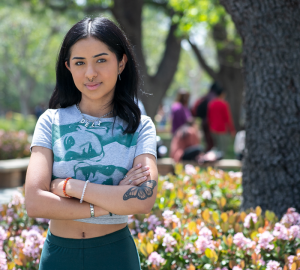 ragoza (she/they): A first-time freshman, Zaragoza was thrilled when she discovered the campus had a Pride Center. As an activist who came out to her brother as bisexual in her first year of high school, Zaragoza “feel[s] like everybody should be included,” she said. The path to acceptance and inclusion has been rocky, she said, coming from “a Hispanic household, and everything is super strict.”
ragoza (she/they): A first-time freshman, Zaragoza was thrilled when she discovered the campus had a Pride Center. As an activist who came out to her brother as bisexual in her first year of high school, Zaragoza “feel[s] like everybody should be included,” she said. The path to acceptance and inclusion has been rocky, she said, coming from “a Hispanic household, and everything is super strict.”
As a member of her high school’s Gay Straight Alliance, Zaragoza proposed the idea of raising awareness of the Pride Center to her current Chicana/o studies class. Through exploring her identity, she felt that society was not very accepting of the LGBTQIA+ community.
“I was feeling super lost and all that. But when my brother got married to his husband, that’s when I [thought], you know what, I’m not going to let anybody affect me anymore,” Zaragoza said. “I like showing that I do not care about everybody else’s opinions.”
Michael Go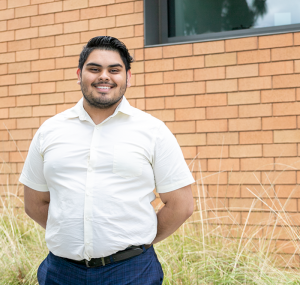 nzalez (he/him): A third-year student, Gonzalez holds several leadership positions on campus. As president of CSUN’s Public Relations Student Society of America, president of CSUN Student Housing, and a student assistant on the university’s Strategic Communication and Brand Management social media team, Gonzalez has felt accepted on campus, he said.
nzalez (he/him): A third-year student, Gonzalez holds several leadership positions on campus. As president of CSUN’s Public Relations Student Society of America, president of CSUN Student Housing, and a student assistant on the university’s Strategic Communication and Brand Management social media team, Gonzalez has felt accepted on campus, he said.
Gonzalez attended a Catholic private school from elementary to high school. During those years, he struggled with his true feelings, which he kept hidden — due to fears of not meeting his family’s standard of success. “I was afraid of letting my parents down,” he said. “In reality, I was letting myself down. I was trying to make myself be identified as somebody who really wasn’t me.”
In addition to his fear about what everyone else would say about him, Gonzalez struggled to explain what he was going through — even to those closest to him. When he was 18, he opened up to his parents. They were supportive of his identity and his relationship with his partner, he said. Now, Gonzalez encourages others to “be who you want to be. Don’t let other people tell you what you can and cannot do in your life,” he said. “At the end of the day, you make your story. Your life is a movie — you’re creating it.”
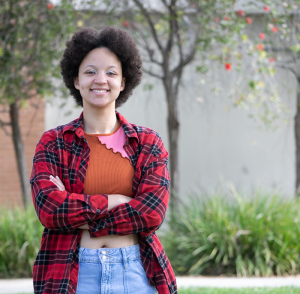 Chaya Rubinstein (they/them): A Los Angeles native, Rubinstein was homeschooled for five years before attending a public high school. Joining a public school and meeting a variety of new people allowed Rubinstein to discover a new sense of self they never knew possible.
Chaya Rubinstein (they/them): A Los Angeles native, Rubinstein was homeschooled for five years before attending a public high school. Joining a public school and meeting a variety of new people allowed Rubinstein to discover a new sense of self they never knew possible.
Looking back, Rubinstein realized that gender never made sense to them, but they felt most comfortable around other queer kids in school. It wasn’t until their second year of high school that Rubinstein joined the school’s chapter of the Gay Straight Alliance (GSA). “I think I mentioned it to my mom and she was like, ‘Oh, but you’re not queer,’ and I was like, ‘Ah, haha — but no, I am,” they said. The following year, they became a board member of the GSA and eventually realized they are asexual.
As an active member of the GSA, Rubinstein was thrilled to learn about CSUN’s Pride Center. By the end of their first year at CSUN, Rubinstein “felt right at home as a queer person,” they said. “There’s always going to be something you don’t understand in general, but we should just accept it anyways.”
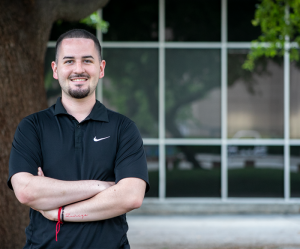 Brian Zuniga (he/him): As a member of the graduating class of 2023, Brian Zuniga experienced numerous personal challenges during his childhood and teens. During middle school, Zuniga’s world shifted when his older sister was diagnosed with a benign brain tumor. He often spent time alone and felt confused about his identity, while worrying about whether his sister would return home from the hospital. It took several years, but thankfully, Zuniga’s sister recovered by his junior year of high school.
Brian Zuniga (he/him): As a member of the graduating class of 2023, Brian Zuniga experienced numerous personal challenges during his childhood and teens. During middle school, Zuniga’s world shifted when his older sister was diagnosed with a benign brain tumor. He often spent time alone and felt confused about his identity, while worrying about whether his sister would return home from the hospital. It took several years, but thankfully, Zuniga’s sister recovered by his junior year of high school.
His early life shaped the way he is today, by making him patient and empathetic with the circumstances in which he grew up in. “I put myself in others’ positions if I hear they’re going through [a rough time] and try to make them feel better because everyone deserves to be happy,” Zuniga said, and despite the hardships, he had a “great life” growing up. However, coming out to his parents was fraught. His father was accepting of his sexuality, but his mother was not. “[My mother made] it very clear when I was little that she didn’t like gay people, so I was always scared to come out to her,” Zuniga said. Recently, his biggest challenge has been dating. “Like, what if you do wanna get married one day and you have a wedding and your parents are like, against it?” he said.
Zuniga has stayed true to his identity. CSUN provided a supportive environment, as did his fraternity, he said. He has never felt unsafe and is overjoyed by the number of resources and clubs devoted to the LGBTQIA+ community on campus, he added.
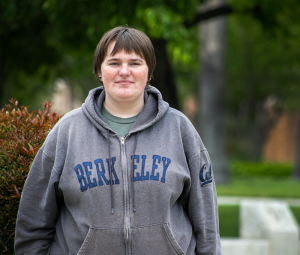 Jayne Kuklin (they/them): Kuklin transferred to CSUN from Pierce College in their junior year, and they feel seen and included on campus.
Jayne Kuklin (they/them): Kuklin transferred to CSUN from Pierce College in their junior year, and they feel seen and included on campus.
“Before I came here and [before] Pierce, I didn’t know who I was,” Kuklin said. They described themself as someone who has been misunderstood their entire life, and college became their gateway to self-acceptance. Their family was not as ready to accept their identity as teachers and students at CSUN have been. “But now, at the age of 24, I am who I am and I’m not afraid to be it,” they said.
Kuklin wants others to accept each other “regardless of gender identity and expression of sexuality,” they said. “This cycle of transphobia and homophobia needs to stop because we’re all people who are here for our own reasons.
Minely Morad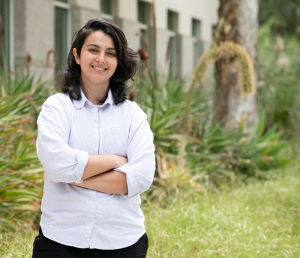 ian (she/her): Moradian is a first-generation student who immigrated from Iran with her family in 2009. When she came out as gay in 2020, she found that her family wasn’t as supportive as many of her friends and the CSUN community, which she described as “very diverse and supportive.” She appreciates the Pride Center, but “more resources [could] be included on campus,” Moradian said.
ian (she/her): Moradian is a first-generation student who immigrated from Iran with her family in 2009. When she came out as gay in 2020, she found that her family wasn’t as supportive as many of her friends and the CSUN community, which she described as “very diverse and supportive.” She appreciates the Pride Center, but “more resources [could] be included on campus,” Moradian said.
One of the challenges that the LGBTQIA+ community faces is a lack of understanding, she said. “It’s not normalized, being gay,” she said. “It’s always that [others] tend to get personal and ask how gay relationship roles work. Such as, who plays the male or female role.”
She hopes the CSUN community at large keeps an open mind and continues to devote educational resources for members of the LGBTQIA+ community. “Just be a support system,” she said. “We’re all going through certain struggles, specifically with our sexual orientation, because of the education that’s not there.”
As for those who identify as LGBTQIA+ but may not have come out yet, Moradian said — find a safe space and I suggest being financially stable before coming out in case your family doesn’t show a positive reaction. You’ll be able to look after yourself if need be. “It’s okay to come out whenever [you] want to,” she said. “[You’re] not pressured to come out at a certain time, there’s no timeline.”
This series of stories on students’ identities was the brainchild of Habeba Mostafa, who just completed her master’s degree in mass communication/journalism and worked as a student assistant in CSUN’s Strategic Communication and Brand Management department. For more more about her project, check out the video that was recently shared on Instagram.

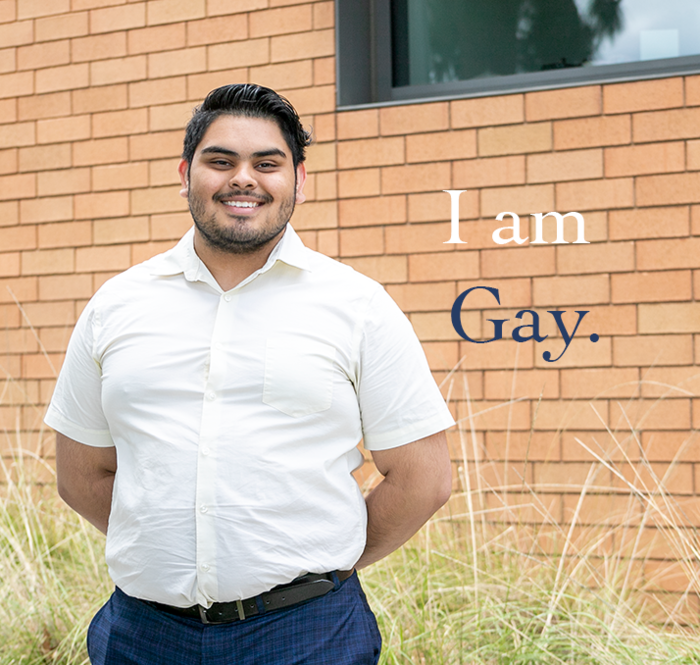
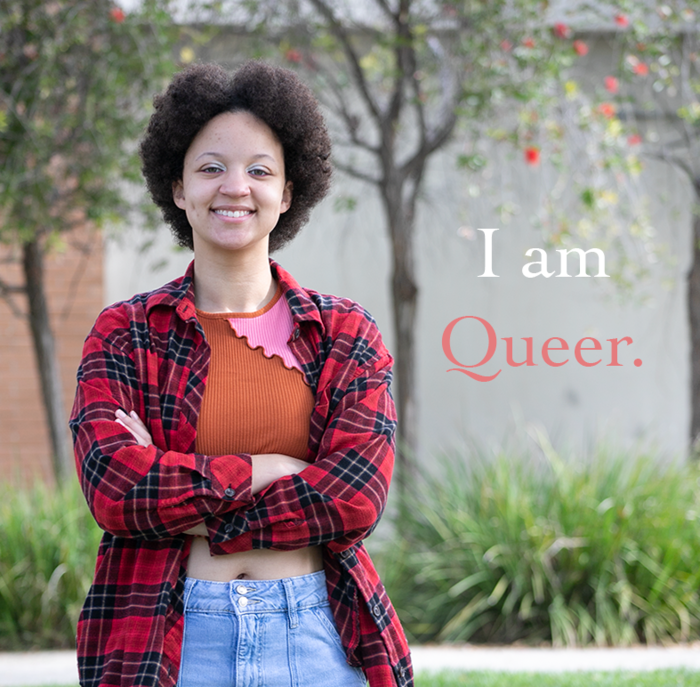
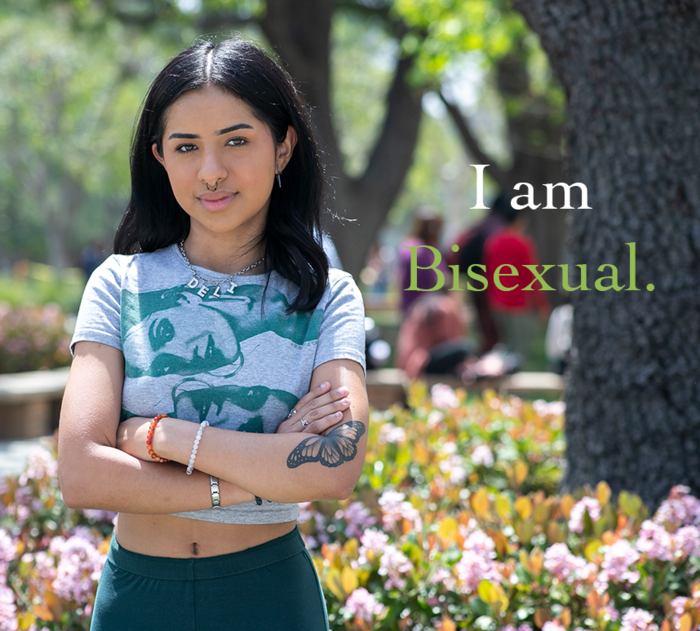
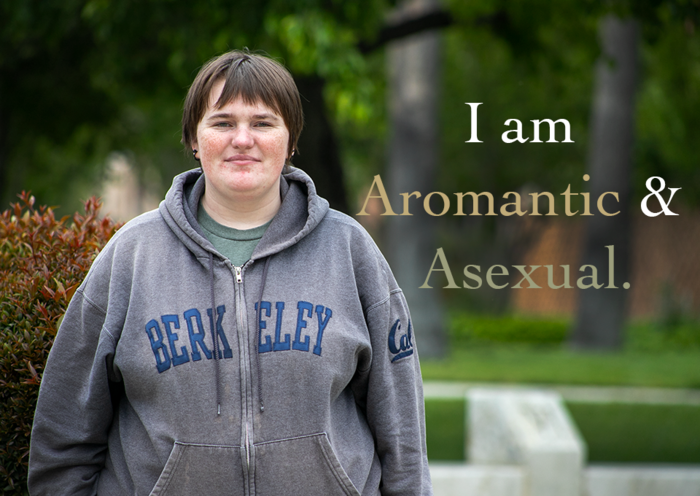
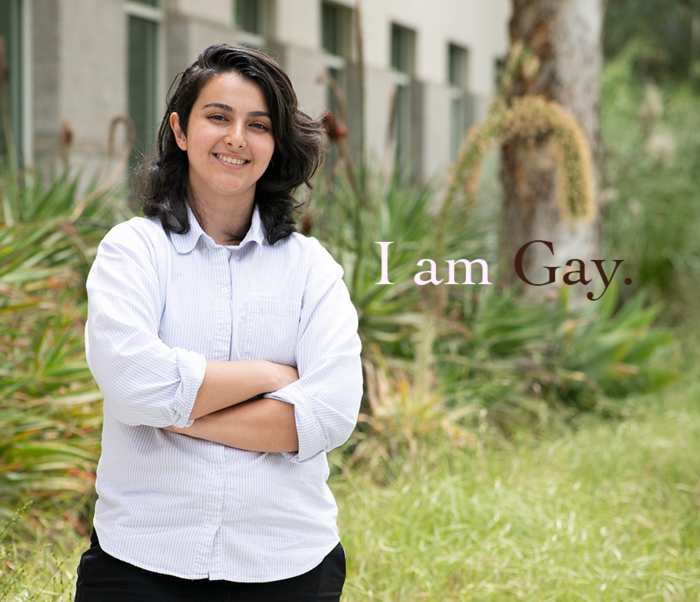
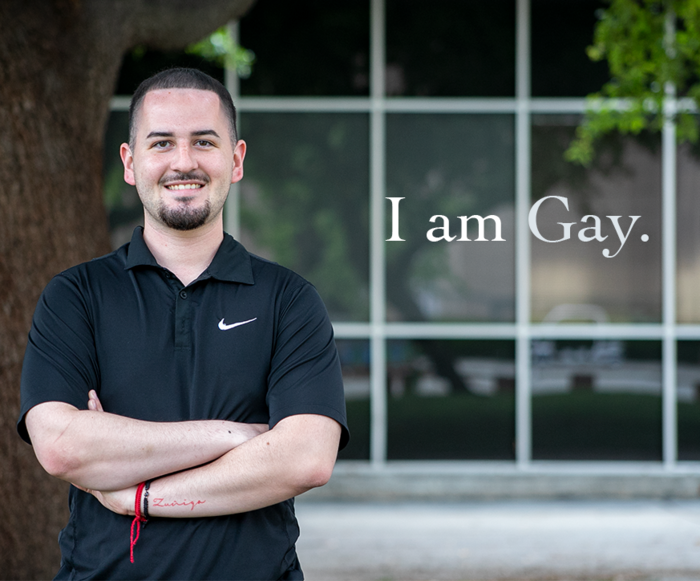
 experience
experience